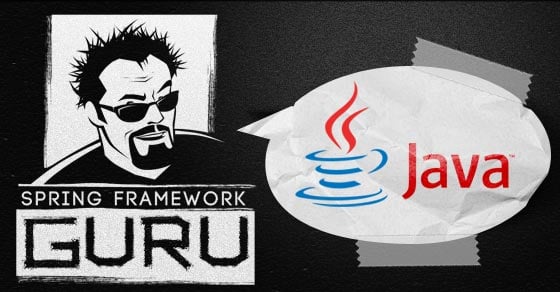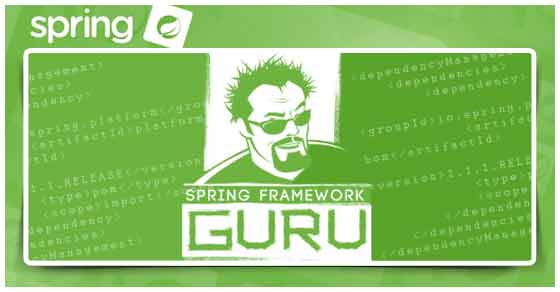Understanding the Spring @RequestMapping Annotation
@RequestMapping is one of the most common annotation used in Spring Web applications. This annotation maps HTTP requests to handler methods of MVC and REST controllers. In this post, you’ll see how versatile the @RequestMapping annotation is when used to map Spring MVC controller methods. Request Mapping Basics In Spring MVC applications, the RequestDispatcher (Front Controller […]Continue reading









